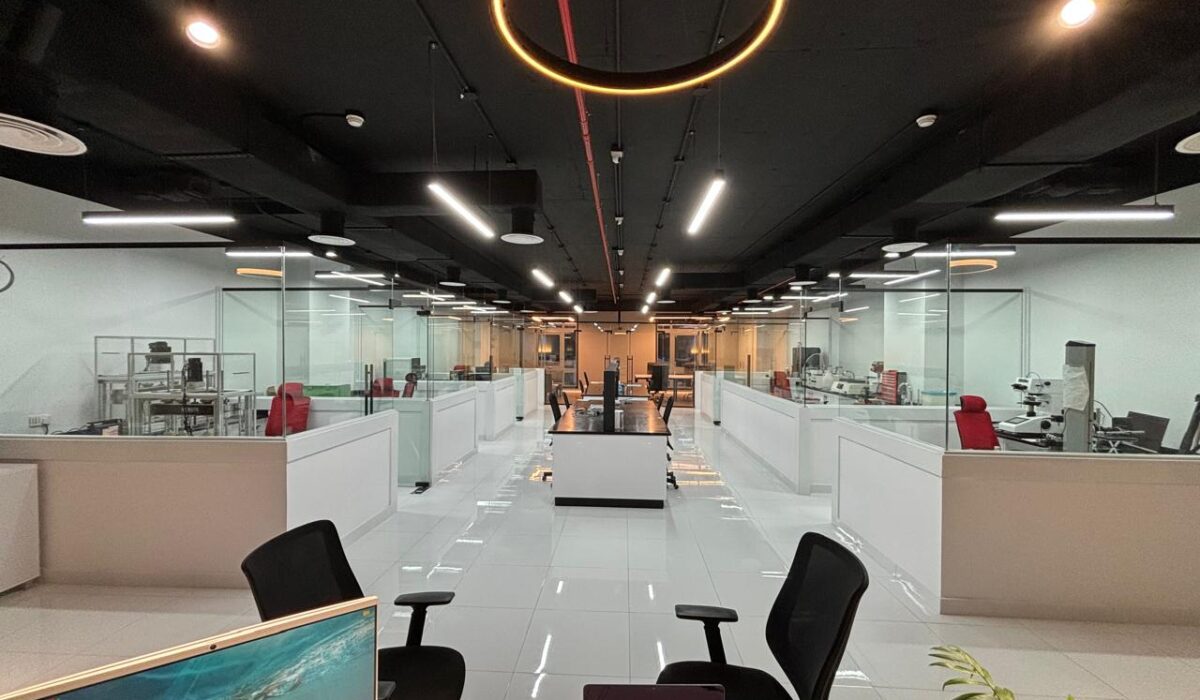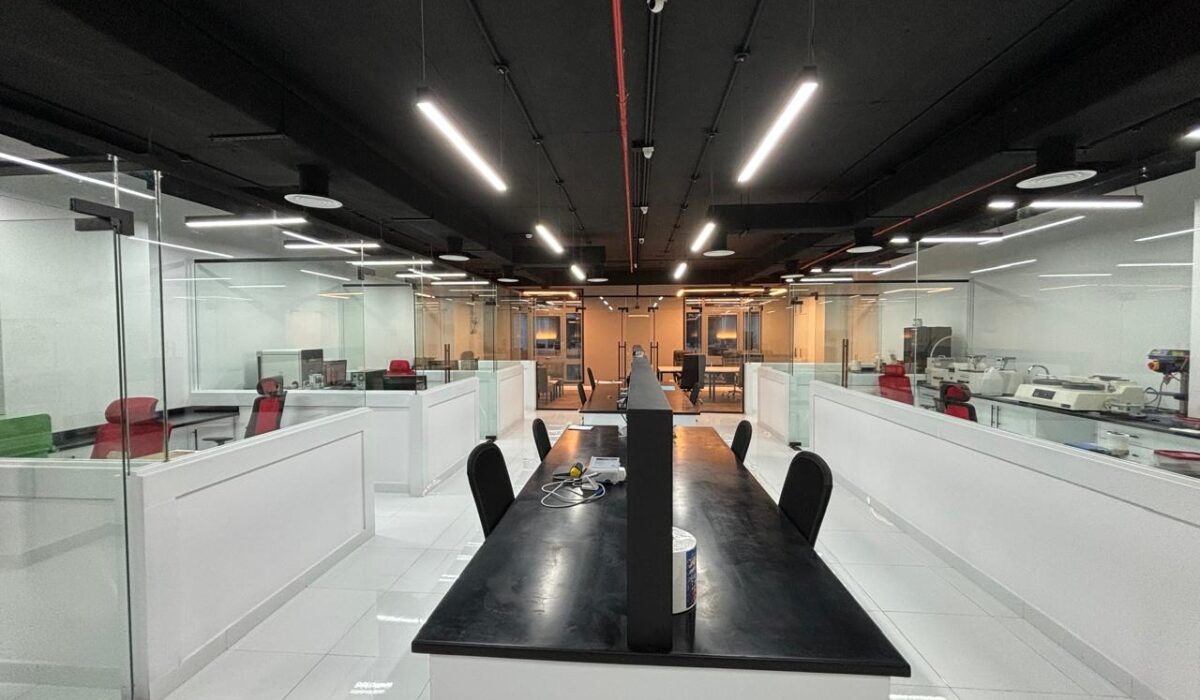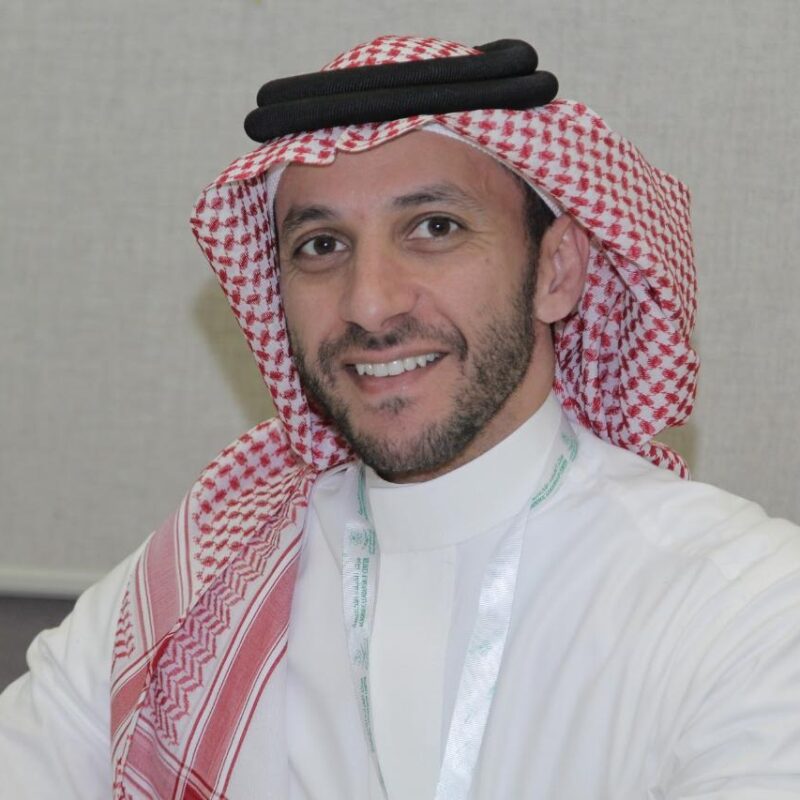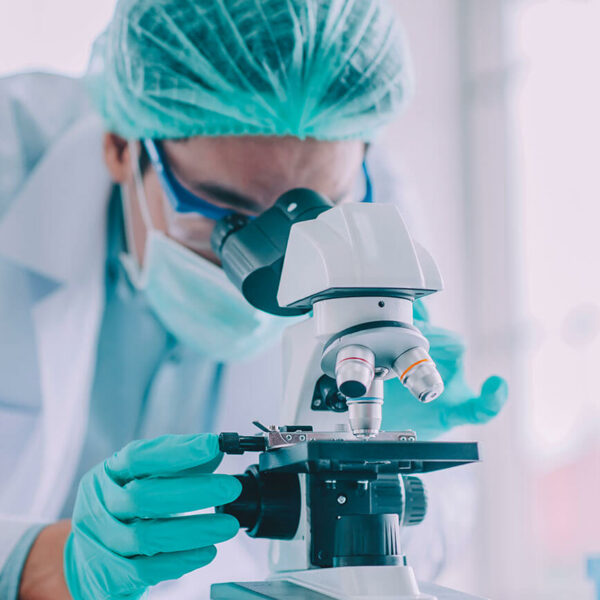About Mawad Lab



Mawad, derived from the Arabic word for “materials,” is Saudi Arabia’s first dedicated research center for biomaterials science. As the backbone of countless global innovations, material science is central to the development of groundbreaking solutions in the medical and dental fields.
Founded in 2018 by Prof. Tariq Abu-Haimed, a dual-degree holder in dentistry and mechanical bioengineering, Mawad Lab bridges the gap between the growing demand for advanced biomedical research and the Kingdom’s expanding postgraduate programs. Inspired by Saudi Vision 2030, we are committed to advancing research and development in the biomaterials sector.
With a team of experienced engineers and dentists, Mawad Lab aims to become a leading center for research and development in bioengineering, serving Saudi Arabia and the Middle East.
To establish a globally recognized hub for innovative research and development in biomaterials, advancing bioengineering solutions for the betterment of healthcare.
Services of Mawad Research Center
Mawad Lab offers a comprehensive range of services designed to empower researchers, students, and professionals in bioengineering:
Consultation and Research Design
Fully Equipped Research Facility
Workshops and Lectures


All our achievements are
the result of pioneering research and client satisfaction.
Empowering researchers with cutting-edge biomaterials expertise.
Supporting innovation in the bioengineering field.
Delivering innovative solutions in biomaterials science.
Leading biomaterials research since 2018.
Want to Book a Lab Visit, Call +966 509 625 595
Scope of Research at Mawad Lab
The main scope is the characterization of materials such as metals, ceramics, composites, and polymers as well as biological samples such as bones, teeth, and implants.
Characterization includes evaluation of the following properties
- Characterization of materials such as metals, ceramics, polymers, and biological samples like bones and teeth.
- Mechanical property analysis includes fracture strength, flexural strength, and surface hardness.
- Surface morphology is examined using light and scanning electron microscopy.
- Fatigue properties are tested through thermocycling, cyclic loading, and chewing simulations.
- Advanced 3D imaging using Micro-CT and X-ray for internal structure visualization.
- Bond strength testing includes tensile, shear, pushout, and post-failure evaluations.
- Spectrophotometric analysis ensures precise color measurement for materials.
- Innovative methodologies include sample preparation, 3D printing, and tailored research designs.
Advanced Research Equipment
Our state-of-the-art facility is equipped with cutting-edge tools to support advanced research and material characterization:
- Universal Testing Machine for evaluating mechanical properties like tension, compression, and bending.
- Scanning Electron Microscope (SEM) for detailed surface imaging up to 30,000x magnification.
- Sputter Coating Machine to prepare non-conductive samples for SEM analysis.
- Microhardness Tester for precise hardness and surface property measurements.
- Surface Roughness Profilometer for analyzing surface textures with high accuracy.
- Chewing and Wear Simulator for fatigue and wear testing under simulated conditions.
- Color Spectrophotometer for accurate color analysis of materials.
- Micro Computed Tomography (Micro-CT) for high-resolution 3D imaging.
- Digital X-ray Machine for non-destructive analysis of material samples.
- Stereo Microscope for high-resolution imaging and video recording.
- Thermocycler for aging simulation through cyclical temperature changes.
- Slow Speed Diamond Cutter for precise slicing of brittle materials.
- Sample Preparation Equipment including mounting, embedding, and slicing tools.
- Finishing and Polishing Wheels for material preparation.
- Incubator for controlled environmental testing.
- Ultrasonic Bath for efficient sample cleaning and agitation.
- Micromotor for delicate handling and preparation tasks.
